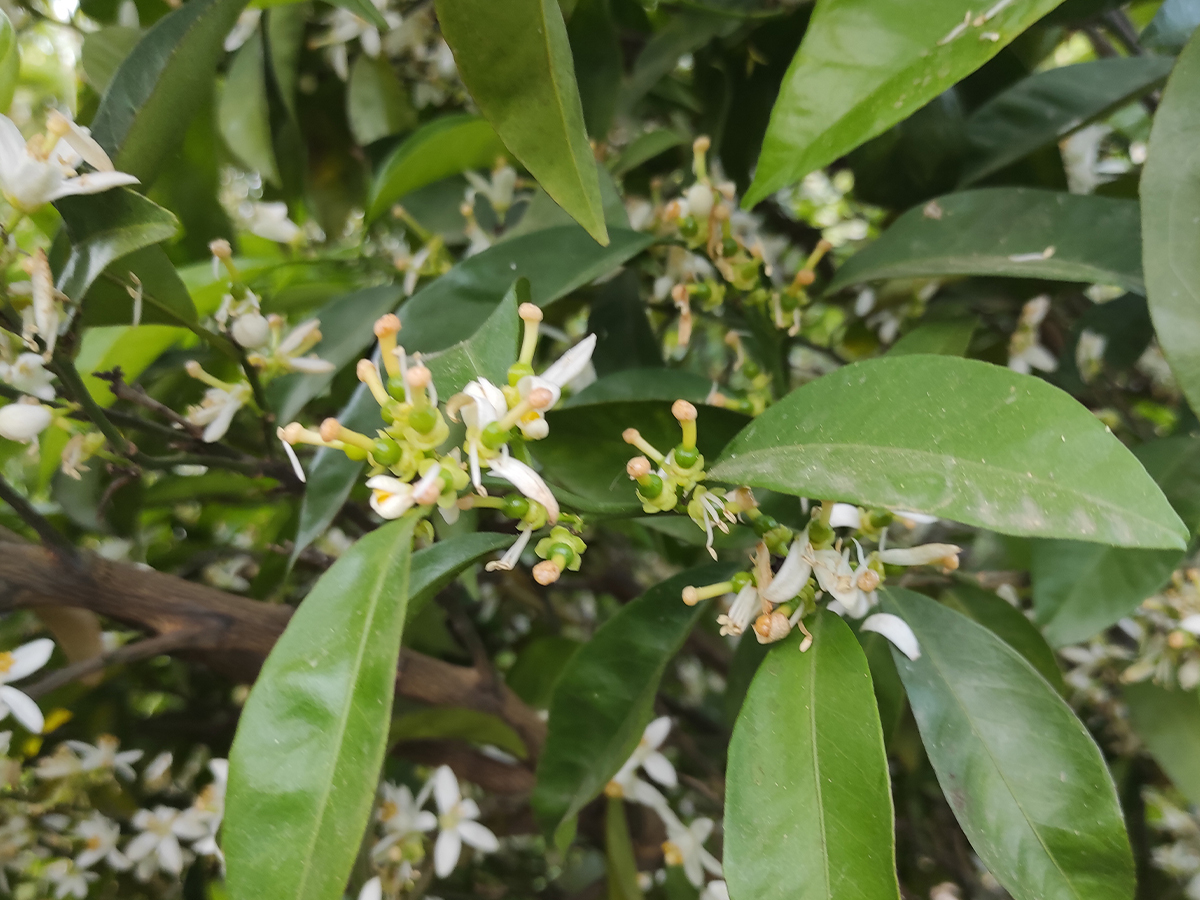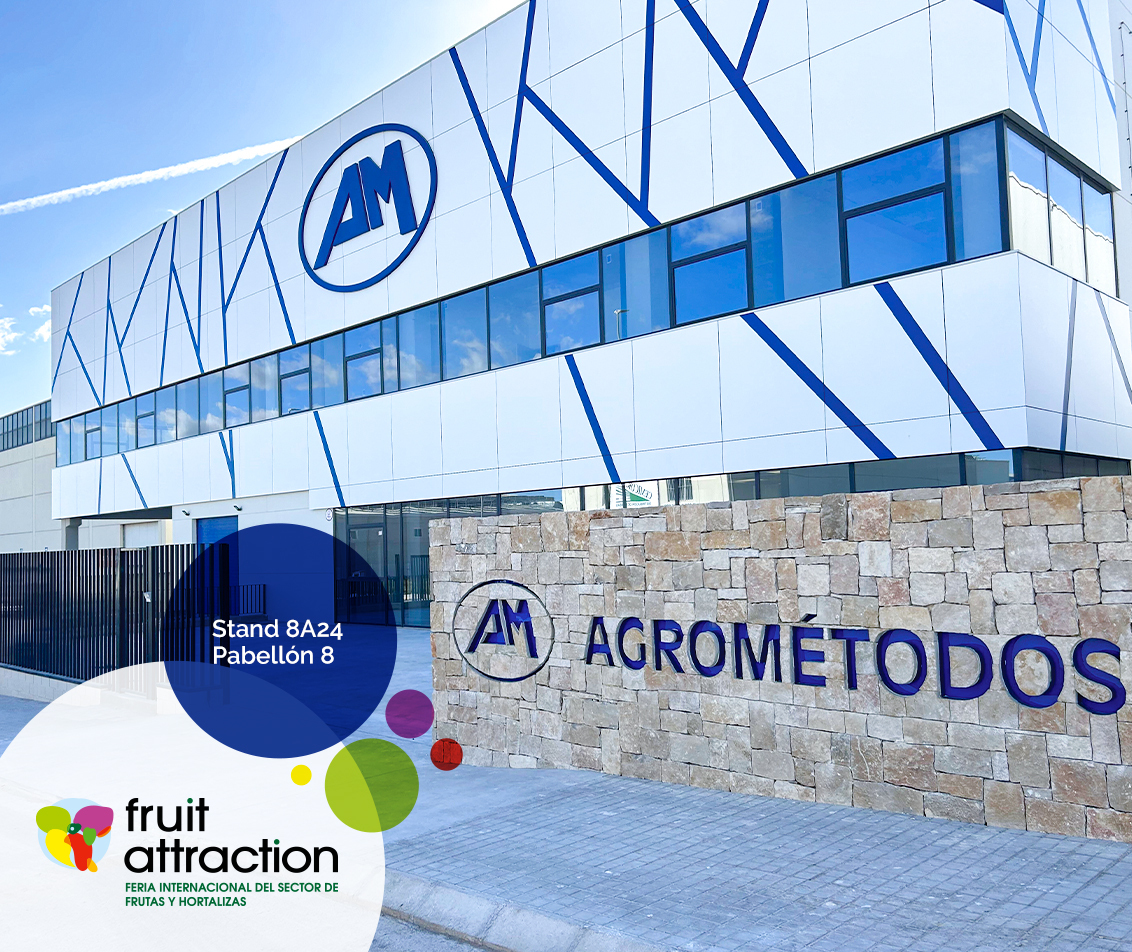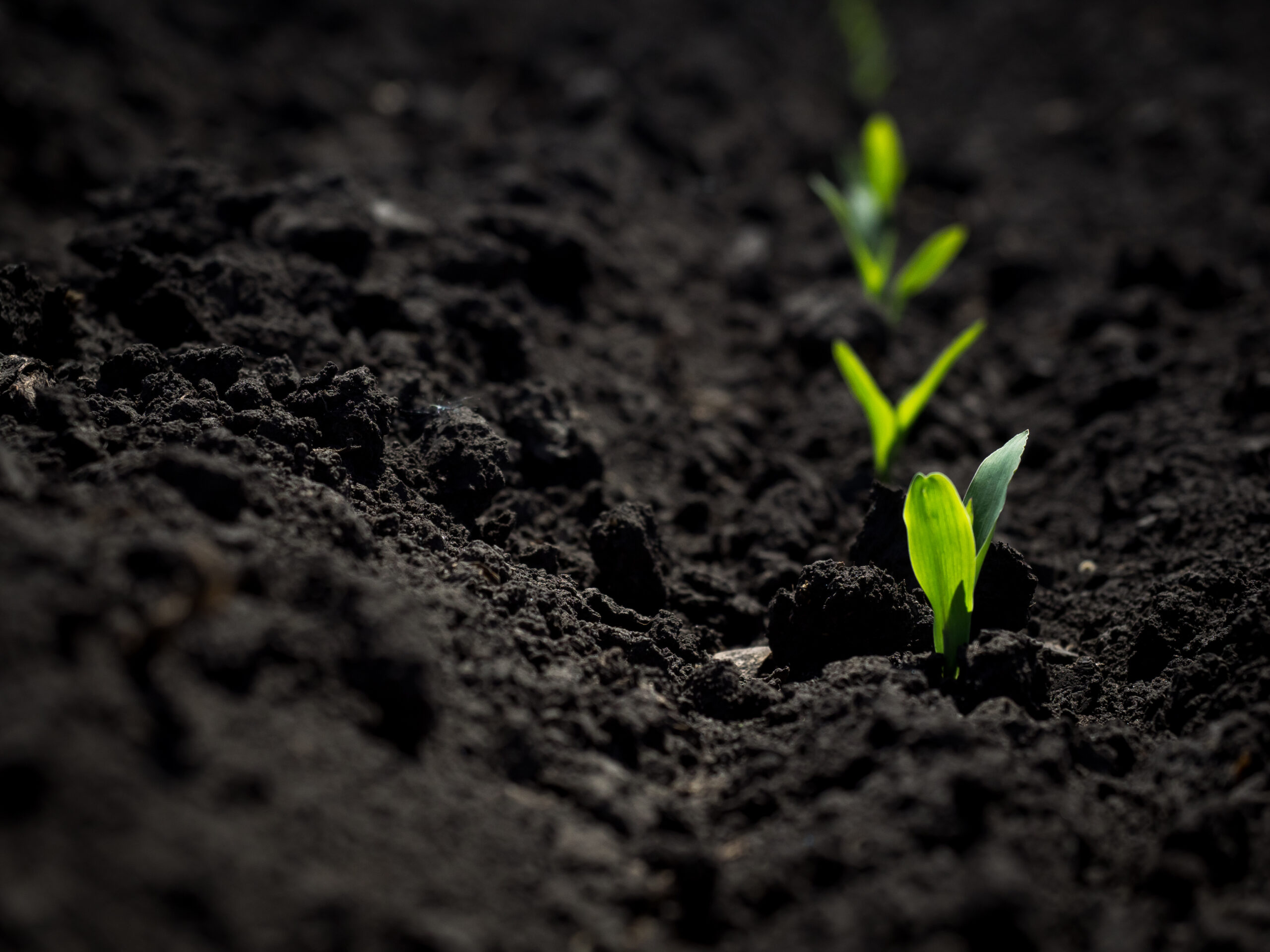The contribution of micronutrients is essential to complete the vegetative cycle since its lack prevents the complete and normal development of the plant (criteria of essentiality of Arnon and Stout, 1939) causing deficiencies that affect very negatively the production of grapes and the quality of the wines they give. Generally, the levels of input needed to meet these needs are low, although it is important that there is a balance between them.
The main micronutrients for the vine are iron, zinc, manganese and boron because they intervene in such important processes as the formation of chlorophyll and photosynthesis, the germination of pollen and the setting of grapes, etc.
Iron
Iron (Fe) is involved in the synthesis of chlorophyll and participates in other very important enzymatic and metabolic processes in the plant.
Iron deficiency or ferric chlorosis is the most frequent deficit in Spanish vineyards because they are grown mainly in calcareous and alkaline soils (Tagliavini and Rombolà, 2001; Gruber and Kosegarten, 2002). There are also other conditions such as the low content of organic matter of the soils, the compaction of the soil, irrigation, the application of high doses of macronutrients such as nitrogen and phosphorus, etc., which favor the incidence of this deficiency.
The main symptomatology of ferric chlorosis in vines, as in other species, is the interervial yellowing of the younger leaves. This yellowing is produced by inhibition in the synthesis of chlorophyll, since Fe is an essential element in the process. In more advanced situations, it evolves to a complete discoloration of the leaf, called “cottis” (Champagnol, 1984).
The main effects of ferric chlorosis are:
- – Flower shift.
- – Drying of rachis.
- – Production reduction.
- – Musts with lower organoleptic quality (more acidic, less soluble solids, etc.)
Zinc
Zinc (Zn) plays an important role in the structure of many enzymes and in the regulation of gene expression. It shows a positive effect on setting, ripening and exhaustion.
In plants with zinc deficiencies, there is a significant drop in protein synthesis and, in the leaves, carbohydrate biosynthesis is affected (Marschner, 2012). Also, the lack of this microelement produces displacement and clusters smaller than usual, in the plant induces elongation of the internodes and leads to the formation of smaller strains. Zinc deficiency is aggravated by drought.
The most obvious external symptoms are a lack of growth and internervial chlorosis in the leaves (similar to ferric chlorosis).
Manganese
Manganese (Mn) plays an important role in the activation of enzymes among which are some related to the cleavage of water molecules during photosynthesis. In certain wine-growing regions, it is associated with the bouquet of wine.
The lack of manganese in the vineyard produces deficiency in the setting, decreases the vigor of the vines and the fertility of the buds, in addition to reducing the quality of the grapes and their ripening.
As external symptoms of the lack of this element you can see the yellowing or diffuse redness of the leaves appearing peripheral necrosis, but respecting the nerves of the leaves. On the other hand, the shoots present an incomplete exhaustion.
Boron
Boron (B) intervenes in numerous functions in the cultivation of the vine, favoring the fertilization and setting of the fruits and intervening in enzymatic systems and in the transport and metabolism of sugars.
Boron deficiency reduces fruit set and generates heterogeneous clusters and small berries. In the young leaves a chlorosis between the ribs is manifested and when the deficiency is severe, they can be deformed. The internodes are short and the growth points end up dying.

To avoid these deficiencies in the vineyards, Agrométodos has the product LANZADERA® GREEN which is a complex product with the exclusive Lanzadera® System. This technology envelops the iron, manganese and zinc cations, protecting them from unwanted reactions. In addition, the molecular structure of the Lanzadera® System is similar to that of the molecules on the surface of the plant, so the three stabilized cations (Fe, Mn and Zn) are attracted to the plant cuticle and “thrown” into the plant.
The Lanzadera® System, thanks to its smaller size of molecules, assures us:
– higher rate of absorption and penetration into the plant.
– rapid assimilation and accumulation in the leaves and fruits.
LANZADERA® GREEN is especially recommended to effectively prevent or correct the deficiency states of these three microelements.
The versatility of the products of the Lanzadera® range lies in its double possibility of application both foliar and irrigation where, thanks to its technology, it is equally efficient and effective.




